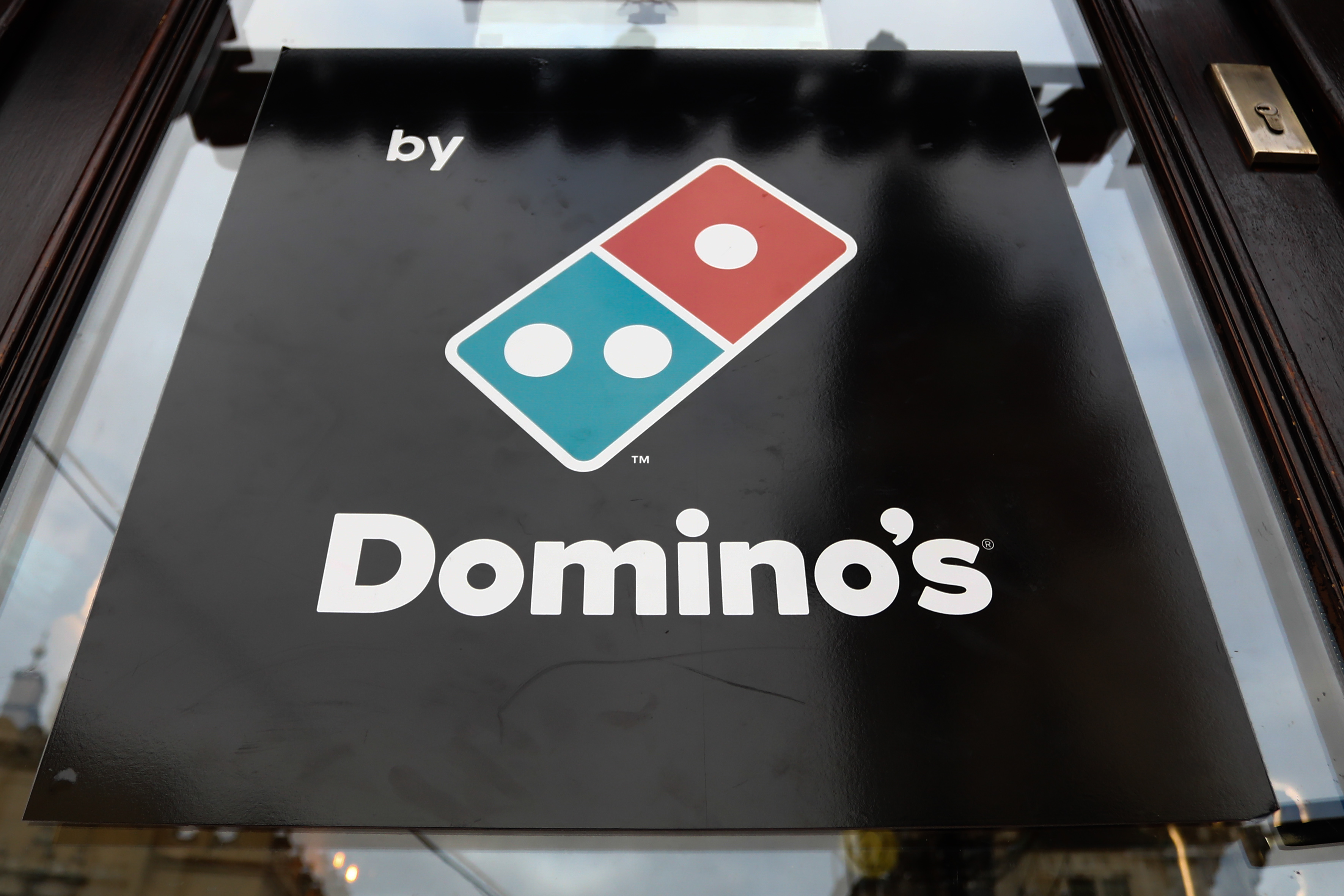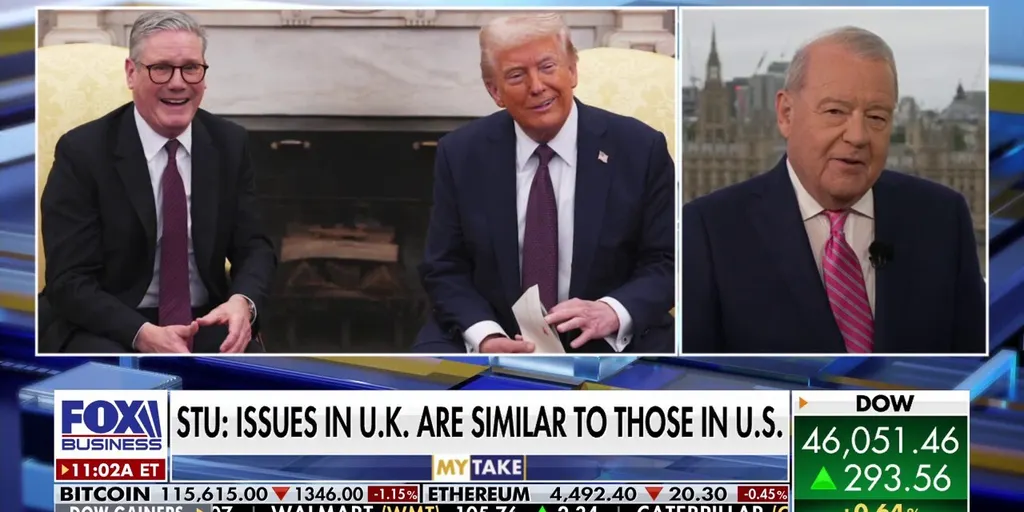By Rupert Hargreaves
Copyright moneyweek

Try 6 issues free
View all Investing
Stocks and Shares
Commodities
Personal Finance
Personal Finance
Personal Finance
Personal Finance
View all Personal Finance
Bank accounts
Credit cards
View all Economy
Global Economy
MoneyWeek quizzes
Spending it
On this day in history
Latest magazine issue
MoneyWeek glossary
Newsletters
Newsletter sign-up
Manage my newsletters
Latest newsletter
Newsletter sign up
Inflation live
MoneyWeek quiz
£560 state pension rise
Stocks and Shares
Domino’s Pizza Group: A global brand going cheap
The troubles at Domino’s Pizza Group look cyclical rather than structural, says Rupert Hargreaves
Newsletter sign up
When you purchase through links on our site, we may earn an affiliate commission. Here’s how it works.
(Image credit: Jakub Porzycki/NurPhoto via Getty Images)
Rupert Hargreaves
20 September 2025
in Features
Domino’s Pizza (Nasdaq: DPZ), the US arm of the global Domino’s brand, has been a fantastic investment for those shareholders who’ve stuck with the business over the past 15 years. According to figures compiled by Morningstar, the stock has generated a total return of 27.1% per annum over the past 15 years, outperforming the benchmark index, which returned just 14.4% over the same period.
Domino’s business model is simple. It runs an “asset-light” franchise model supported by a vertically integrated supply chain and advanced technology. Most of its earnings come from franchise royalty fees and income generated from selling supplies via its supply-chain network. This translates into a highly cash-generative business model.
Last year, Domino’s generated cash flow from operations of $625 million and invested just $31 million back into the business. Virtually all of the remaining cash was used to repurchase stock and fund the dividend, a strategy management has followed for some time. Over the past five years, share buybacks have almost doubled earnings per share growth.
Subscribe to MoneyWeek today and get your first six magazine issues absolutely FREE
Get 6 issues free
Sign up to Money Morning
Don’t miss the latest investment and personal finances news, market analysis, plus money-saving tips with our free twice-daily newsletter
Don’t miss the latest investment and personal finances news, market analysis, plus money-saving tips with our free twice-daily newsletter
Troubles at Domino’s Pizza Group
Sadly, the UK arm of Domino’s, listed as Domino’s Pizza Group (LSE: DOM), hasn’t been able to replicate the performance of its much larger US-listed peer. Earlier this month, the stock hit a 10-year low.
The last time the shares were changing hands for 200p, earnings were two-thirds of today’s level and the share count was 100 million higher than today, suggesting something has gone seriously wrong. The stock hit an all-time high of more than 450p in December 2021. Since then, it’s been on a roller coaster, with the current decline starting in 2023. It’s since lost 50%.
The company’s troubles can be traced back to the appointment of the current CEO, Andrew Rennie, who joined the board in August 2023. A few months after Rennie joined, it emerged that the team was looking to buy a second fast-food brand to add to Domino’s UK empire.
The company believed it would be able to leverage its size and experience to build a new brand into a force to be reckoned with, replicating Domino’s near 60% share of the UK pizza market. It’s beginning to look as if management has taken its eye off the ball in the hunt for a second acquisition.
At the beginning of August, the group issued a major profit warning, saying that, due to a “tougher operating environment”, it was lowering its 2025 profit forecast by 12%. A decline in like-for-like sales and flat total orders added fuel to the fire.
Cyclical issues
However, Domino’s issues appear to be cyclical rather than structural. The group remains highly cash generative and, while growth has evaporated, consumers are loyal.
Its loyalty programme trial, for example, is performing ahead of expectations. Management recently outlined plans to return £20 million to shareholders via buybacks. According to Panmure Liberum, this represents about 2.6% of the share capital and could yield an equivalent rate of return of 12.6%, comparable to an annual profit boost of £2.6m.
Panmure Liberum calculates that if Domino’s returns more than £50 million, the rate of return jumps to more than 13%.
At this rate, it makes sense for the company to use its funds to retire shares rather than acquire other businesses. Panmure Liberum estimates that, in the most aggressive scenario, where Domino’s takes leverage up to the top end of its target (2.5 time earnings before interest, tax, depreciation and amortisation), the group can spend £219 million by 2029 buying back stock using both debt and free cash flow from operations – around a third of its current market value. Activist investor Browning West is campaigning for the company to do just that.
Domino’s Pizza Group: the verdict
Browning West owns 5% of the firm, making it one of the largest shareholders. The founder and chief investment officer, Usman Nabi, recently wrote to Domino’s asking it to “pause any contemplated acquisitions for six months and immediately initiate a significant share-buyback programme of at least £100 million to be completed before year end”.
He explained this approach would make the most sense for the company, as a large deal would come with enormous risks for the business, as well as requiring a significant amount of the senior management team’s time. He argued it would be better to focus on the group’s current operations and growth.
An activist at the gates isn’t always good news, but in this case it could prove to be the shove the board needs to change direction. The recently announced £20 million buyback is a positive sign and is expected to generate robust returns on the cash.
After recent declines, the shares are also trading at one of the lowest valuations in recent history and the stock looks incredibly cheap compared with its international peers. Domino’s offers a rare combination – a strong brand going cheap.
(Image credit: Future)
This article was first published in MoneyWeek’s magazine. Enjoy exclusive early access to news, opinion and analysis from our team of financial experts with a MoneyWeek subscription.
Sign up for MoneyWeek’s newsletters
Get the latest financial news, insights and expert analysis from our award-winning MoneyWeek team, to help you understand what really matters when it comes to your finances.
Contact me with news and offers from other Future brandsReceive email from us on behalf of our trusted partners or sponsorsBy submitting your information you agree to the Terms & Conditions and Privacy Policy and are aged 16 or over.
Rupert Hargreaves
Contributor and former deputy digital editor of MoneyWeek
Rupert is the former deputy digital editor of MoneyWeek. He’s an active investor and has always been fascinated by the world of business and investing. His style has been heavily influenced by US investors Warren Buffett and Philip Carret. He is always looking for high-quality growth opportunities trading at a reasonable price, preferring cash generative businesses with strong balance sheets over blue-sky growth stocks.
Rupert has written for many UK and international publications including the Motley Fool, Gurufocus and ValueWalk, aimed at a range of readers; from the first timers to experienced high-net-worth individuals. Rupert has also founded and managed several businesses, including the New York-based hedge fund newsletter, Hidden Value Stocks. He has written over 20 ebooks and appeared as an expert commentator on the BBC World Service.
Three poor deals for trust investors
Small shareholders need protection in related-party deals, says Bruce Packard
The challenge with currency hedging
A weaker dollar will make currency hedges more appealing, but volatile rates may complicate the results
You might also like
Three poor deals for trust investors
Small shareholders need protection in related-party deals, says Bruce Packard
The challenge with currency hedging
A weaker dollar will make currency hedges more appealing, but volatile rates may complicate the results
8 of the best properties for sale with orangeries
From a converted Victorian Catholic school with a chapel in Kingston Upon Thames to a 12-acre country estate with mature gardens and a lake in Nantwich, Cheshire, we look at some of the best properties for sale with orangeries
Should you invest in Hansa Investment Company?
William Salomon has finally brought the two trusts he controls together. Should investors buy in?
Is Britain heading for a big debt crisis?
Things are not yet as bad as some reports have claimed. But they sure aren’t rosy either, says Julian Jessop
Bitcoin ‘has become the reserve asset of the internet’
The cryptocurrency has established itself as the electronic version of gold, says ByteTree’s Charlie Morris
‘Labour’s failure on house building is turning into a national emergency’
Labour’s plans on house building are not working out and it’s not hard to work out what has gone wrong, says Matthew Lynn
Small UK industrial stocks are hidden gems
Ed Wielechowski of the Odyssean Investment Trust highlights three of his favourite British small-cap industrial stocks
View More \25b8
Useful links
Subscribe to MoneyWeek
Get the MoneyWeek newsletter
Latest Issue
Financial glossary
MoneyWeek Wealth Summit
MoneyWeek Live Reports
Most Popular
MoneyWeek share tips
MoneyWeek savings stories
MoneyWeek tax stories
Contact Future’s experts
Terms and Conditions
Privacy Policy
Cookie Policy
Advertise with us
MoneyWeek is part of Future plc, an international media group and leading digital publisher. Visit our corporate site.
Future Publishing Limited Quay House, The Ambury,
BA1 1UA. All rights reserved. England and Wales company registration number 2008885.



